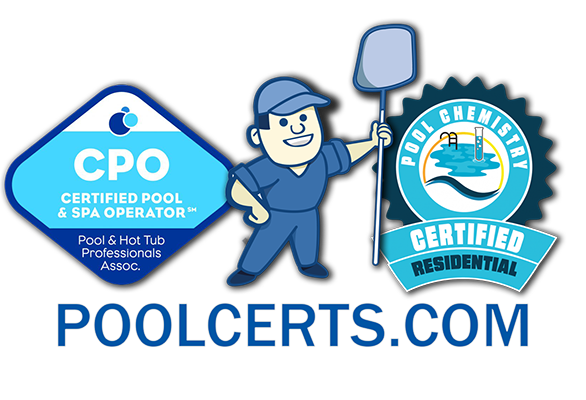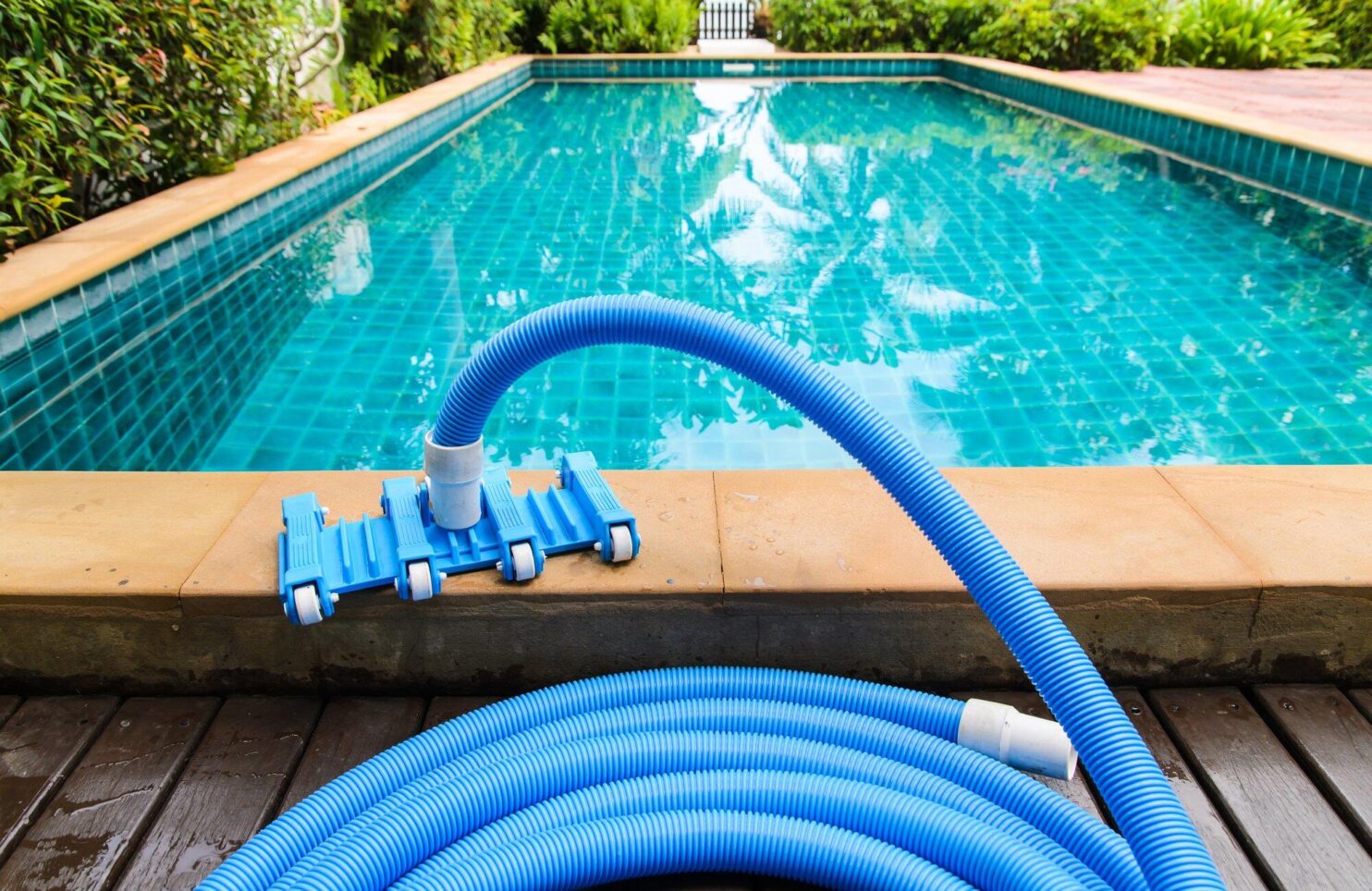Does your idea of the ideal workday involve spending time outdoors with the sun on your back and the blue sky overhead? If so, then it might be time to open your own pool business!
In this job, you’ll help residential and commercial owners keep their pools and spas clean, safe, and up to code. The best part? You can get started in just a few steps!
Today, we’re taking a closer look at the process it takes to get your pool business up and running, including all of the licenses and certifications you need.
1. Develop a Business Plan
Before you can start a pool service, it helps to lay the groundwork for your operations. No matter what kind of business you’re opening, a written plan is the first place to start.
It doesn’t have to be super long, but make sure your business plan covers the following points:
- Business name and structure
- Market research to understand local needs, comparative pricing
- Short-term and long-term goals for your business
- How you’ll manage your daily operations
- Estimated operating costs
- Projected revenue
- Potential issues you may encounter
With this plan in place, it’s easier to track your time and monitor your growth. Remember it’s a living document and you can change or update it as your business expands.
2. Register Your Pool Business
Next, it’s time to register your pool business with the state. There are a few different structures to choose from, depending on how big your team is and how you want to operate. The most common ones include:
- Sole proprietorship
- Partnership
- Limited liability company (LLC)
You’ll need a license to complete a few necessary steps for your business, including paying taxes and opening up a business-only bank account or credit card. It’s important to keep these assets separate from your personal ones, and this allows you to do so.
For most states, the registration process is relatively straightforward. You can go to the Secretary of State website for your residence to learn more.
3. Insure Your Business
Operating a pool cleaning business comes with its own risks. You’ll need to protect both the people you’re working around and the property. This is where general liability insurance comes in.
You can meet with a local agent to discuss your options. While policies will vary, you need one that will at least cover the following liabilities:
- Bodily injury
- Medical expenses
- Property damage
- Legal costs
If you plan to work on your own, this coverage may be all that you need. However, if you hire even one additional worker, most states will also require a Worker’s Compensation policy. This coverage will kick in to help cover disability and medical expenses if your employee is injured at work.
4. Obtain Required Permits and Licenses
The specifics will vary by state, but you’ll likely need a permit or license before you can begin offering your services to the public.
To get your license, most liekly you’ll need to complete a training course (either in person or online), and then take a written exam. In addition, you may also need to obtain your Certified Pool Operator (CPO) certification. While not all states will require a CPO certification, it’s a great way to set yourself apart from the competition.
We offer a fully online CPO certification course to make this part as simple as possible. In this course, you’ll learn the ins and outs of pool maintenance so you can serve your customers professionally. All you have to do is sign up for a class, complete the virtual training, and receive your pool operator certification!
5. Purchase Your Equipment
You can’t clean and maintain a pool without the right gear in place! One of the first things to invest in is a solid work truck that can get you to your client locations safely and on time. As you grow your business, some of the other tools you might need include:
- Water test kits and strips
- Pool skimmer/net
- Pool chemicals
- Telescoping pole
- Cleaning brushes
- Pool vacuum
In addition to cleaning and testing pools, you may also be performing minor repairs. Make sure your truck is well-stocked with all the products you need to meet your clients’ demands.
6. Price Your Services
As you prepare to open for business, take the time to price your services. You may decide to price by the hour, or per job. Either way, make sure your prices are transparent and don’t include any hidden fees. This is key to gaining client trust and keeping satisfaction rates high.
In addition, you may also consider offering preventative cleaning and maintenance services. This way, clients can sign up for a recurring appointment, which makes it easier to budget this expense.
7. Market Your Business
Finally, it’s time to get the word out there! When you’re ready to start working as a pool operator, make sure people know about your services.
Start by creating a sleek, user-friendly website that clearly lists all of your services and options. Then, optimize your social media presence and stay responsive to user comments and questions. You can also run specials and discounts to get your name out there and ramp up business!
In addition to digital advertising, remember that print marketing is still alive and well. Don’t hesitate to create business cards or flyers and put them in public spots around town! You can also take advantage of word-of-mouth marketing and request referrals from satisfied clients.
Start a Successful Pool Business Today
If you’ve been interested in starting your own pool business, the steps above can help you get started! Be sure to research your state’s specific requirements for opening up a new entity, and follow all of their required mandates.
Above all, you’ll need a business license, insurance, and your CPO certification. At PoolCerts.com, we can help with that last step! Our program is 100% online, allowing you to complete the course in your own time. To learn more and get started, check out our class today!

